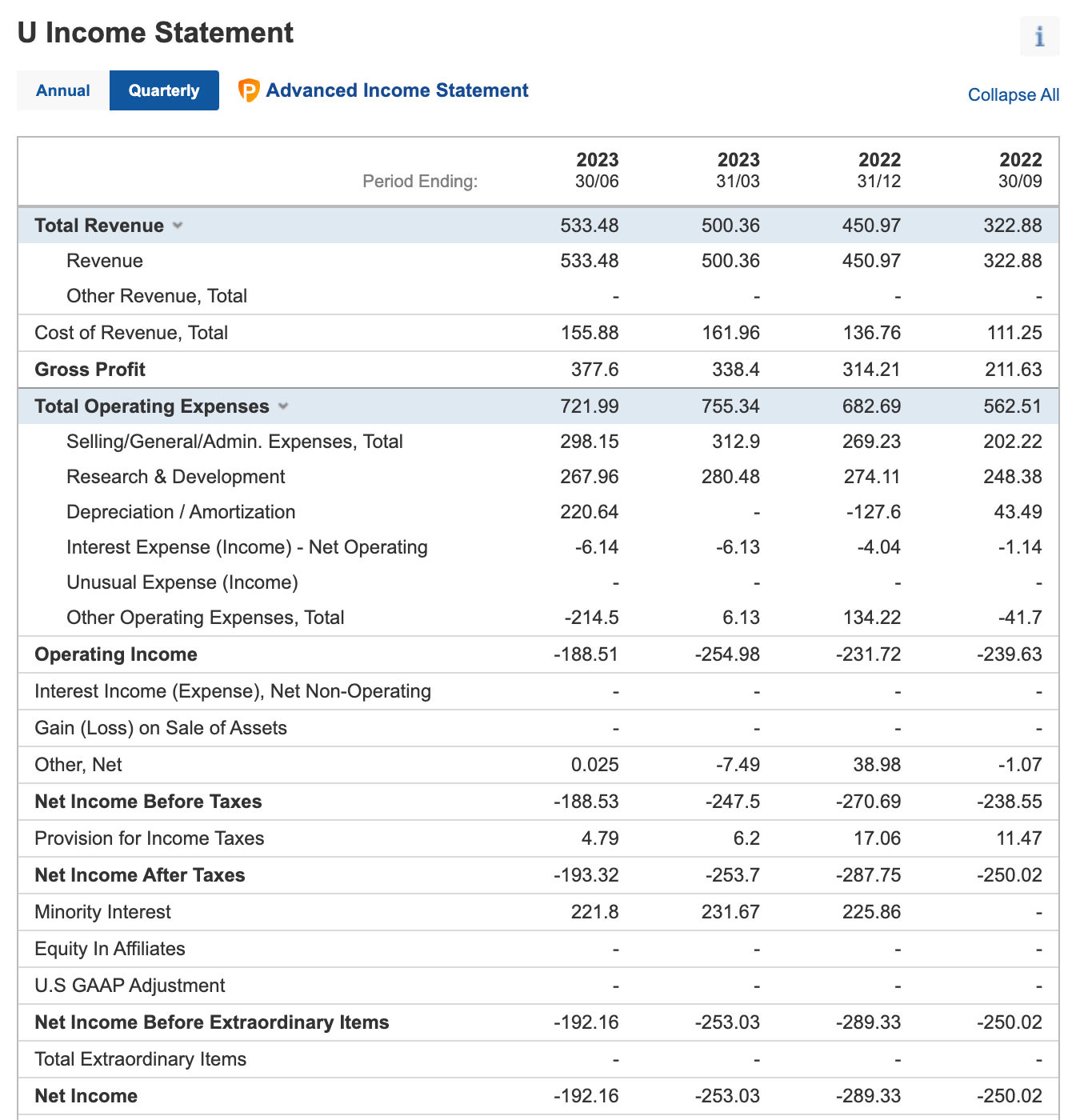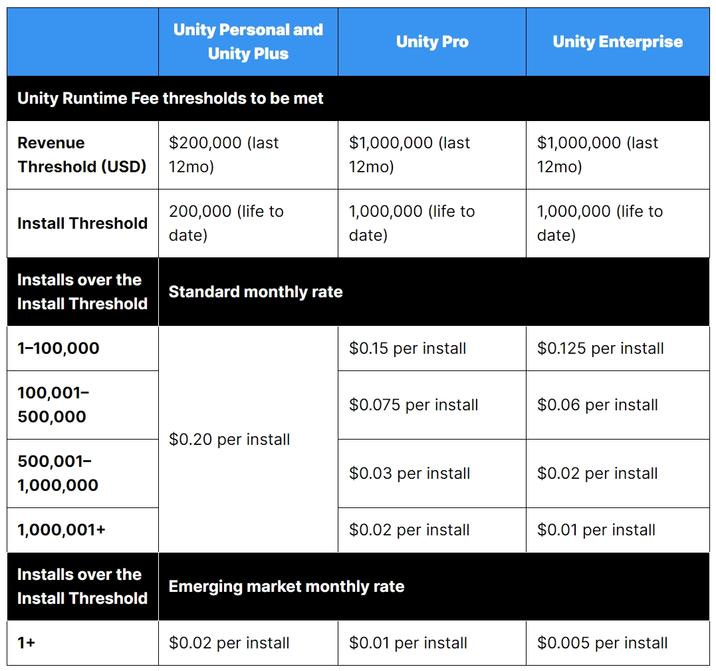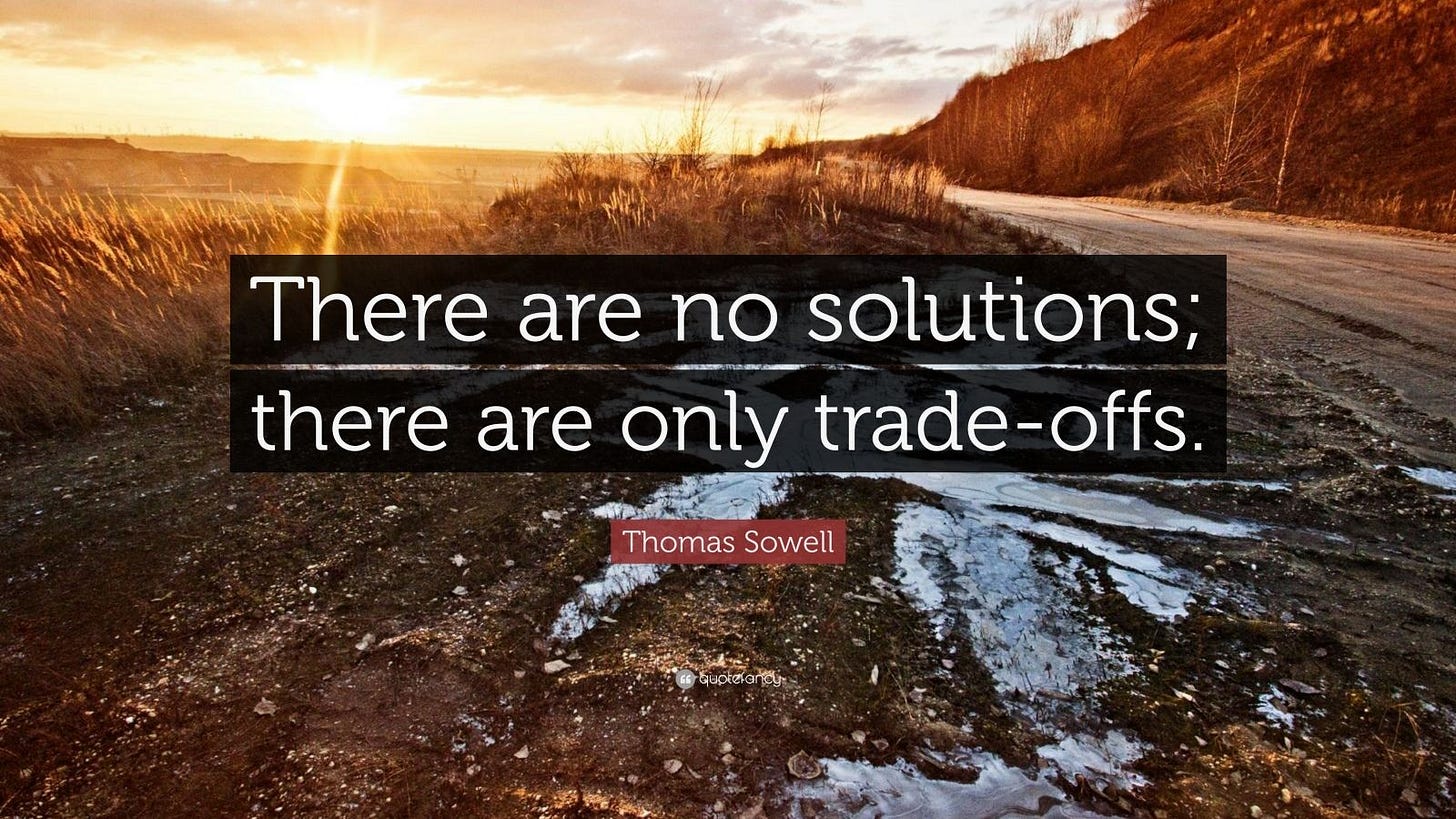So How Long Until My Business Just Dies? (Also, the Unity Debacle)
Be careful who gets to hold a gun to your head.

Not long ago, there was a big hullabaloo in the computer game development "community" regarding something called the Unity Game Engine. People got very justifiably upset and ran around screaming and then things got sort of fixed and all got quiet.
Happily, I was on vacation during most of this and was barely aware of it.
Still, it was a really interesting situation, and independent creators of all sorts could learn a lot from it. Lessons that they should learn, the easy earlier way or the hard later way.
When you're in business, someone will always be holding a gun to your head. But you can sometimes choose the gun.

The Summary of the Situation
Though many have written detailed summaries of this somewhat inside-baseball controversy, I will provide my own hopefully educational take for laypeople. (Here is another summary. I don't know if it's a good summary. I didn't read it.)
The basics:
1. Most people who want to write a video game need to buy a piece of software called a Game Engine. It's the tool you use to make games.
2. One of the most popular game engines is called Unity. I've had a hard time finding a reliable reference, but it's market share is around 40%, which is a lot. Unity is so popular because it's powerful and because it was very cheap. Like, a corporate-suicide level of cheap.
3. Unity is a publicly-held company with tons and tons of employees. For whatever reason, a few years back it started losing money. Lots of it.
4. Unity, needing money, announced that it was changing the terms to use it. In a way that would cause enormous difficulties (up to and including instant business death) to the developers who use it. These changes were announced in the vaguest, most stress-inducing way possible, with lots of changes and no clear communication. (They really screwed the pooch with the announcement. It was spectacular.)
5. Huge amounts of noise and anger. Major developers announce they hate Unity. (I suspect in the background, developers who have lawyers on retainer are calling them.) A much-loved product becomes poison overnight.
6. Unity backs off. Announces a new pricing model that is higher but tolerable. A few devs are still salty, but life appears to go on. (Note: If Unity had skipped steps 4 and 5 and jumped to 6, a lot of hassle could have been avoided.)
7. CEO of Unity hastily departs LOL.
8. Unity's pricing changes and careful cost-cutting enables the company to return to profitability. (NOTE: THIS STEP HAS NOT HAPPENED YET.) Life goes on.
So. What have we learned? Besides nothing?
Go Look At the Chart At the Top of the Article
Why? Why look at charts? What do these stupid, boring numbers have to do with the glorious art of vidya gaems?
Well, Unity was losing hundreds of millions of dollars a year. This is already bad news when interest rates were zero. Now that you have to actually pay money to borrow money? This is a slow-motion heart attack that is going to affect a lot of companies.
If the people making a software tool are losing tons of money on it, they have a problem. But if you depend on that tool to do your job, YOU have a problem.
I use Photoshop a lot. But hey, Adobe makes money. So I can get mad at them. Hell, I'm angry at Adobe 90% of the time. But tomorrow, Photoshop will still be there. "Continuing To Exist" is one of my favorite software features.

“My Development Life Is Crap From Wall Too Wall, I Have No Time, and Now I Have To Look At Incomprehensible Corporate Balance Sheets Too?"
Kinda. Hey, don't blame me. I'm not the turbo-genius who set interest rates at zero for a length of time functionally equal to forever.
If you run a business, someone will always have a pistol pointed at your temple. I mean, hey, meteorites might destroy Adobe tomorrow, and then where will I be? Similarly, there are about 80 things Steam could do that would put me out of business in a SECOND.
(Similar Real World example: Twitter recently changed The Algorithm to bury links to Substacks. Overnight, growing blogs like this one became far harder. Happily, for me, this is a hobby. Still shows: If you depend on the generosity of big corporations, you are at constant risk.)
So you do have to have contingency plans. You have to recognize when you are depending on an unsustainable situation. A company losing tons of money every year is unsustainable. And all unsustainable situations have one thing in common: They all end.
"OK, Smart-Ass. What Should Unity Users Have Done?"
Exactly what they did. The terms developers were given were completely unacceptable. They made a huge stink. As a result, Unity switched to terms roughly in line with other engines in the industry. Plus, the CEO went over the railing.
So me personally? If I was using Unity, I'd still use it for now.
"But I can't trust them now!" Of course you can't! BUT YOU COULD NEVER TRUST THEM! EVER! The goal is not to buy software from a company who loves you like your mommy did. The goal is to drag your business, by hook or by crook, to the end of another miserable year without going under.
Once you choose any tool to rely on, you are at risk. You still have to do it. Needs must when the devil drives.

"Isn't This the Result of the Evils of Capitalism?"
Oh god. I'm so tired.
Hey, there are really good free open source engines out there. I use SDL2, and I love it, though I have the tiniest of game businesses. Godot is also popular.
They are really, really great for certain LIMITED requirements. But Unity is just the better solution for a much wider range of needs. You know how I know? Because everyone used Unity.
Though reading all those devs tweeting that they were switching to Godot and tweeting 5 minutes later, "Oh no! How do I get Godot to do [thing Godot absolutely can't do and never will]." was marvelous entertainment.
"This Post Was Depressing and Annoyed Me."
That's life in the big leagues. Indie video games are a 2 BILLION dollar a year industry now. That's the kind of money that leads to sharp elbows and bruised feelings.
The Unity mess didn't come out of nowhere. It was caused by a plainly visible problem that was aggravated by a plainly visible change in the business environment of the Earth.
If you depend on someone else's business that is going out of business, you MUST brace for impact.
Crazy economic times are coming, because crazy economic times always come eventually. The Unity mess may just be a warning shot. Think about what you need and what you don't, and, if you can, save up a little money.
I hope this is not part one of a series.
Subscribing is free, and you get all these epic posts in your in-box. No cap. If you’d like to support us, consider wishlisting our upcoming indie role-playing epic, Geneforge 2 - Infestation.
Spiderweb Software makes fun role-playing games and also has a mailing list and a Twitter and a Facebook if you want to learn when we do something big.

It's amazing to me how many small business owners don't get that, first and foremost, their business is a BUSINESS. And that their suppliers are also businesses. My best-selling product depends on a material available from exactly ONE supplier. The amount of time I spend trying to find an acceptable substitute is substantial--and a damn good investment of my time.
That obviously isn't possible in video games--changing your software tools completely with no warning isn't really a winning business plan. But time spent on 'what-if'fing to have some idea of what might be done if that tool suddenly becomes unavailable is probably a good idea...
I love this blog so much